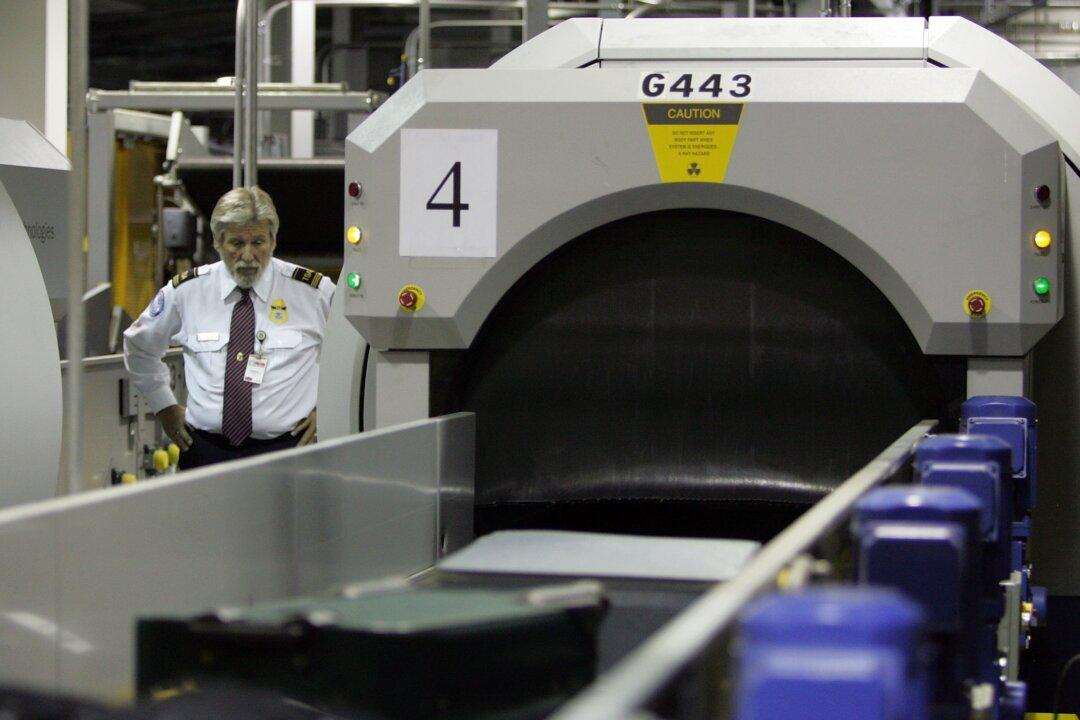Opposition MPs pressed government officials on Wednesday to explain why a Chinese state-owned company embroiled in alleged bribery scandals was awarded a standing offer to supply security equipment to Canada’s embassies.
In July, high-tech Chinese company Nuctech was awarded a $6.8 million contract with the federal government to install X-ray security equipment for 170 Canadian embassies, consulates, and high commissions around the world.





